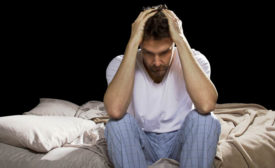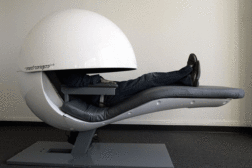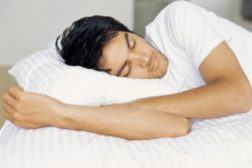Home » Keywords: » insomnia
Items Tagged with 'insomnia'
ARTICLES
If you have certain health problems, you could be at higher risk for early death
Read More
NSC to employers: Your workers may be especially tired on Monday
As daylight saving time begins, NSC urges organizations to invest in worker sleep health
March 9, 2018
Become a Leader in Safety Culture
Build your knowledge with ISHN, covering key safety, health and industrial hygiene news, products, and trends.
JOIN TODAYCopyright ©2025. All Rights Reserved BNP Media.
Design, CMS, Hosting & Web Development :: ePublishing


